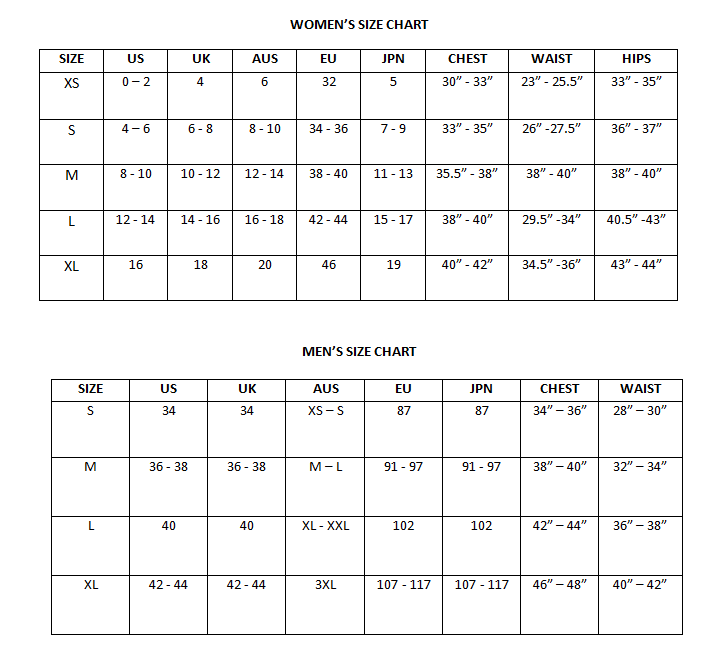FREE SHIPPING
Free shipping on all US order or order above $200

All orders shipped with UPS Express.
Always free shipping for orders over US $250.
All orders are shipped with a UPS tracking number.
Items returned within 14 days of their original shipment date in same as new condition will be eligible for a full refund or store credit.
Refunds will be charged back to the original form of payment used for purchase.
Customer is responsible for shipping charges when making returns and shipping/handling fees of original purchase is non-refundable.
All sale items are final purchases.
Give us a shout if you have any other questions and/or concerns.
Email: [email protected]
Phone: +1 (23) 456 789
| Common name | Boston Ivy |
|---|---|
| Family | Vitaceae |
| Genus | Parthenocissus |
| Species | Parthenocissus Tricuspidata |
| Germination | Coming soon. |
| Price View | Price Range |
Free shipping on all US order or order above $200
Contact us 24 hours a day, 7 days a week
Simply return it within 30 days for an exchange.
We ensure secure payment with PEV